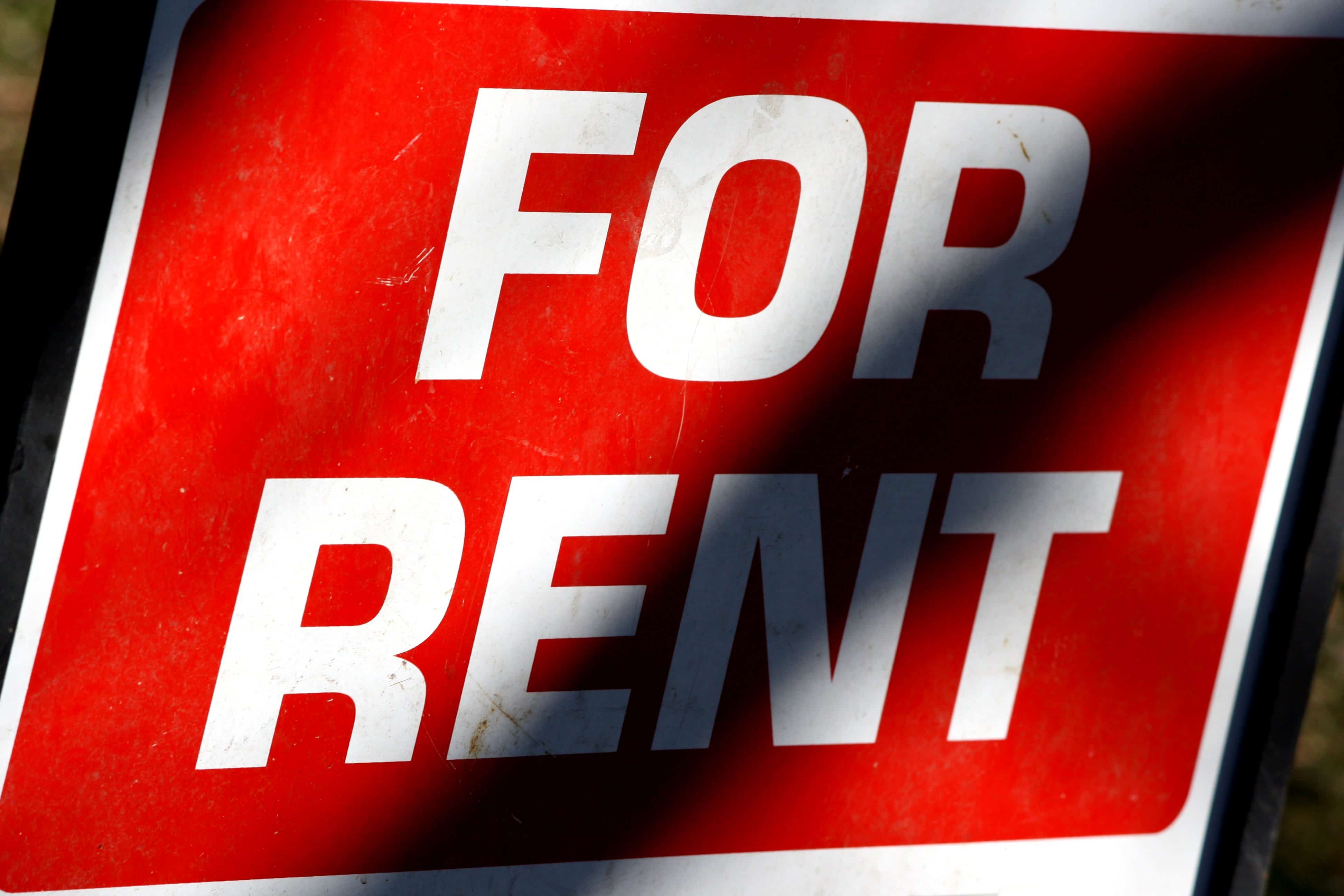
Avoiding rental home scams
From bogus listings of real properties to hijacked credit card-access key lockboxes, the Federal Trade Commission and I show you what’s up with these rental scams.
“(Rental home scammers) use a variety of tactics to get people’s money,” wrote Federal Trade Commission (FTC) Colleen Tressler in this FTC consumer alert blog. “Some hijack a real rental listing by changing the email address or other contact information and then placing the altered ad on another site. Others gain access to keys in lockboxes, make copies, and pose as legitimate rental agents. Still others may list a property that’s already leased and then try to collect application fees, security deposits, and even the first month’s rent.”
The latest rental home scam involves the new fangled key lockboxes left on rental properties’ front doors or mailboxes. They have a credit card slider or chip reader installed so a prospective renter can insert her card, get the key and tour the home without an agent or property manager. Her credit card number acts as collateral should any damage occur during her tour. If something’s broken, the rental company bills her credit card number.
Before I retired from TV news, I investigated and produced this story about those high-tech lockboxes. Somehow, a credit card scammer from Nigeria was able to commandeer the card-reading lockbox of a home for rent in Bartlett, Tennessee. He hijacked the legitimate rental and listed it for half the monthly cost of the actual rate, tricking unsuspecting renters into calling a spoofed phone number. If the prospective renter tried to use her credit card on the hijacked lockbox, the scammer would record her credit card number, then catalogue it either to sell on the black market or to use for his own purposes.
The FTC has these suggestions to avoid a home rental scam:
- Do an online search of the rental company. Enter its name plus words like “review,” “complaint” or “scam.” If you find bad reviews, you may want to look elsewhere.
- Got a good vibe? Rental home listings may appear in several places, including rental company websites and online listing services like like Zillow, Trulia or Craigslist. If you see a rental company’s listing on one of those online listing services, do a search of the home’s address to make sure it appears on the rental company’s website. If it doesn’t, it may be a scam.
- Compare prices. Is the rent a lot less than comparable rentals? That could be a red flag.
- Take a tour. With an agent or the property manager or owner, that is. Ask for identification. Rental agents should have photo ID badges issued by the company that owns or manages the property.
- Nothing sketchy yet? Apply through the rental company, licensed real estate professional or listings website.
- Before you sign a lease, look for signs at the rental with the name of the property owner or manager. Call that company before making a deal with anyone.
- Never pay with cash, wire transfers or gift cards. If anyone tells you to pay this way, it’s a sure sign of a scam. Wiring money is like sending cash — once you send it, you have no way to get it back. As for gift cards, they’re for gifts, NOT for payments.
Copyright 2019 Wise Choices TM. All rights reserved.
andy wise, andy wise choices, andy wise memphis, consumer investigator, consumer protection, federal trade commission, ftc, home rental scams, home rentals, lockbox, rental homes, rip offs, scams, tennessee department of commerce and insurance, wise choices